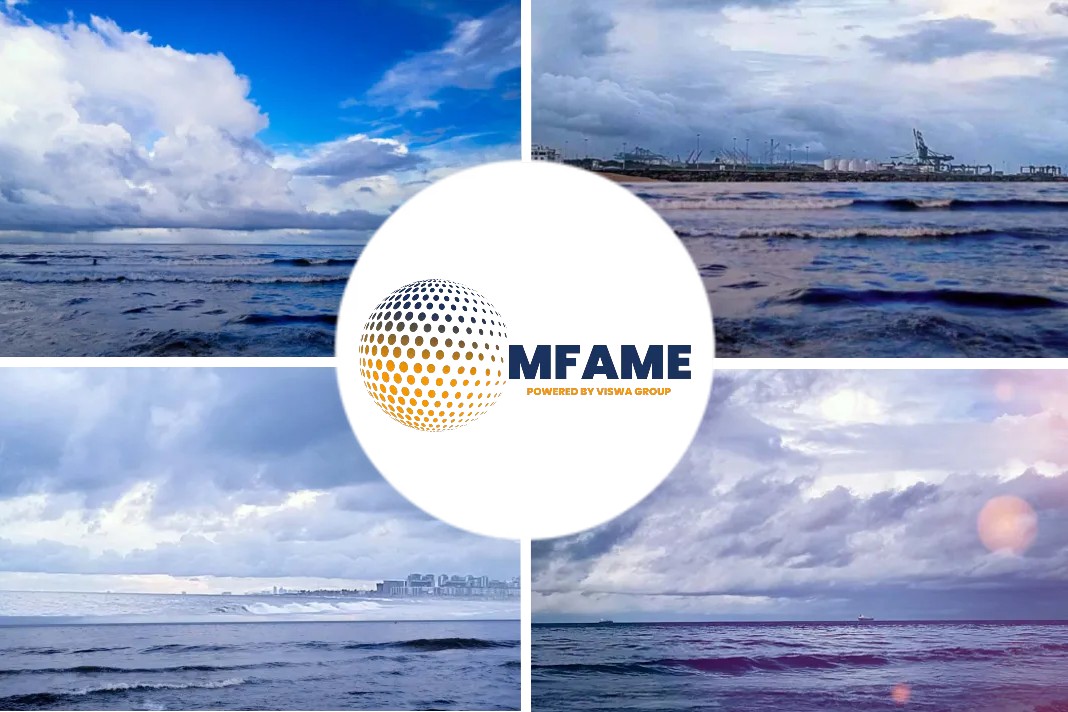In an article published Energy & the Law, Charles Sartain highlights the legal issues concerning black blog in ship delivery. He follows a celebrated case to highlight what could be the legal implications of it.
What is it ?
Enterprise Products Operating v. Trafigura, A G. asks, Who should pay when a “black blob” that had “the stench of a skunk” was left behind after $27 million worth of an odorless product is delivered from a ship?
The case holds that:
A plaintiff can recover for losses paid by its insurance company and the parol evidence rule can be avoided in favor of the parties’ course of dealing.
Over hundreds of transactions Enterprise sold and Trafigura bought petroleum products. In each, the parties exchanged short documents highlighting key transition-specific terms.
Under an Export Contract Enterprise sold pure propane and butane that were to meet certain specifications. The Export Contract incorporated general terms and conditions (GTC’s) that were not attached. A separate document required specific purity standards for substances and prohibited contamination of the cargo. After the propane and butane were offloaded from a ship at its destination, a residue (the black blob) was discovered that was conspicuously different from the appearance and smell of the cargo. The residue tested positive for caustics and the ship required extensive cleaning. Test results revealed that the cargo met basic purity standards. But was the cargo contaminated?
Which GTC’s governed?
The Export Contract required Enterprise to indemnify Trafigura for contaminated cargo. Ship owners sued Trafigura in arbitration. Trafigura sued Enterprise for indemnification under the Propane GTC’s. Trafigura settled with the ship owners for several million dollars.
At the heart of the dispute were “2001 GTCs” and “Propane GTC’s”. The 2001 GTC’s barred Trafigura’s claims. Trafigura’s said the Propane GTC’s applied.
Did Trafigura have standing?
Trafigura’s insurance carrier paid the arbitration damages. Enterprise challenged Trafigura’s standing to sue because Trafigura suffered no injury. The court concluded that to have standing Trafigura did not have to pay the damages, but only that had to be “aggrieved”. Trafigura paid a $50,000 deductible and needed to settle with the ship owners because its expert concluded that the tribunal would have determined that Trafigura was at fault based on Enterprise’s contaminated cargo. Thus Trafigura’s injury was concrete, particularized and definite and was fairly traceable to Enterprise’s conduct in supplying contaminated goods.
Beating the parol evidence rule
The contract was subject to two or more reasonable interpretations and was, therefore, ambiguous. This created a fact issue as to the parties’ intent. The parol evidence rule (extrinsic evidence is not admissible to vary or contradict the words of a written contract) does not bar consideration of surrounding circumstances that inform, rather than vary from or contradict, the contract text. The Export Contract itself mentions the 2001 GTC’s but had a latent ambiguity. Extrinsic evidence of the parties’ course of dealing throughout hundreds of transactions showed that they never performed under the 2001 GTC’s. The parties intended to incorporate the Propane GTC’s. The jury resolved the dispute in Trafigura’s favor and awarded $2.4 million in actual damages and $889,000 in attorney fees.
Legal and factual sufficiency
Challenging the legal and factual sufficiency of the evidence, Enterprise argued that once the cargo was determined to have met agreed quality specifications, it didn’t matter if the cargo was contaminated. After the parties argued over the meaning of “contamination” and “quality specifications”, the court determined that those were two separate and distinct obligations under the Export Contract and that Enterpise had not met the contamination requirement. Based on the evidence, a reasonable person could conclude that the quality spec tests were not used to determine the presence of contamination and that the cargo was contaminated. Victory for Trafigura.
Did you subscribe to our daily newsletter?
It’s Free! Click here to Subscribe!
Source: Energy & the Law

















